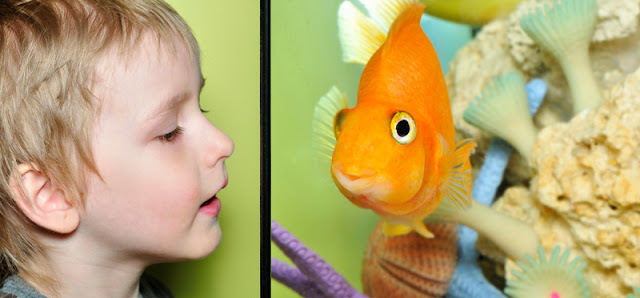Fear of Loud Noises: A Common Problem in Domestic Dogs?

Fear of loud noises is common in pet dogs, but many owners miss the signs, like shaking and trembling, study shows. Photo: Eric Isselee/Shutterstock By Zazie Todd, PhD Do you have a dog that cowers at the sound of thunder, or comes running to you for comfort when the neighbours set off fireworks? A new study by Emily-Jayne Blackwell, John Bradshaw and Rachel Casey (University of Bristol) investigates how common this problem is. The study involved a questionnaire completed by 3,897 dog owners, and a structured interview with a smaller set of 383 dog owners. Dog owners were recruited in a variety of ways, including at dog shows, veterinary clinics, and whilst out walking their dogs . A wide variety of breeds took part, including 16% cross-breeds. The questionnaire asked for demographic information about the dogs and their owners, and then asked the question ‘Does your dog show a fearful response to noises?’ Questions were also asked about other behavioural problems the ...



